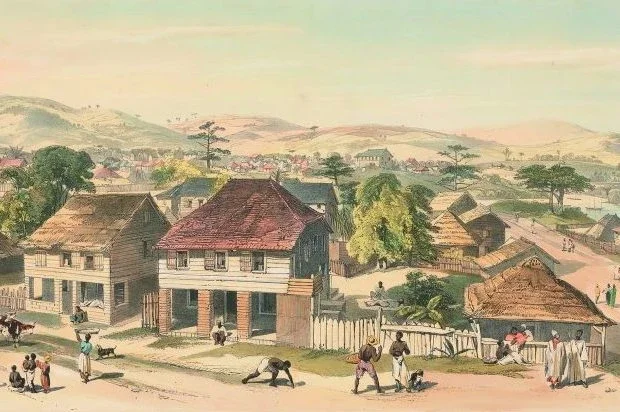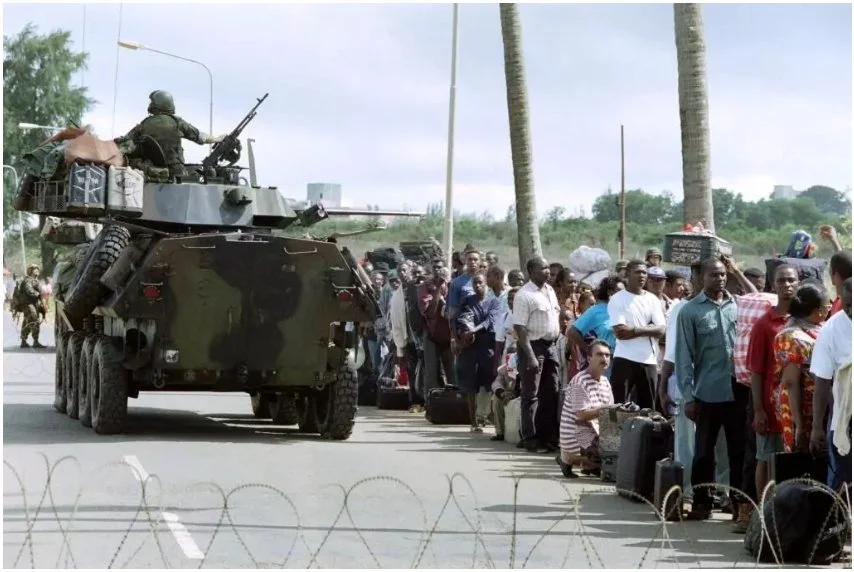You may not know her name.
She was not written in your books,
Not sung about in your anthems.
But she lived. Oh yes, she lived.
Born where the ice meets the sea,
In a land far, far from home.
They told her she was free.
But her shackles still gave a beat.
In Africville, she stood on tired feet
Broken promises, she felt so defeat
Searching for home, for the sound of the drum
That deep, low call that tells you where you’re from.
Oh, take me home to Sierra Leone,
She cried with glee to finally be free.
She crossed the sea, where many fell,
To reach a land her soul could dwell.
The trees reached out with open hands,
The wind danced through her golden strand.
“Oh Father, dear Father, at last! at last!”
This is where the drum beats.
I was told of her story
By candlelight, and fireside memory
So when it was my time to flee,
Her bravery moved me like the wind set free.
I saw brave men fall in blood and dust.
Under the bed, my small body curled.
As guns thundered across the land,
And then… I ran.
Back to the land, where the ice meets the sea
I stood on the edge of hope, Asking:
Will I be free? Do the shackles still exist?
Does this land carry the drum...and does it still beat?
And when my little girl asked,
“Mama, where do the drumbeats go?”
I placed my hand upon her chest
And whispered, “Close your eyes… and hear it beat.”
-Francess Cowan-
Inspired by the historic migration of the Canadian Black Loyalists from Nova Scotia to Sierra Leone.
A “a rare, accurate eyewitness view” of the fleet of 15 ships in the shores of Sierra Leone in March 1792, carrying over 1100 Black Loyalists who departed from Halifax, Nova Scotia. Photo: George James Rowe (active 1830-62, d. 1883) after sketches by John Beckett “View of the Colony of Sierra Leone Previous to the Transports Being Discharged, March 16, 1792,” c. 1824 (Maritime Museum of the Atlantic)
Jonathan Wright/Sierra Leone




